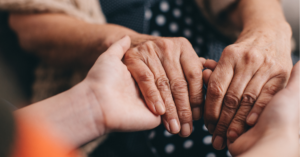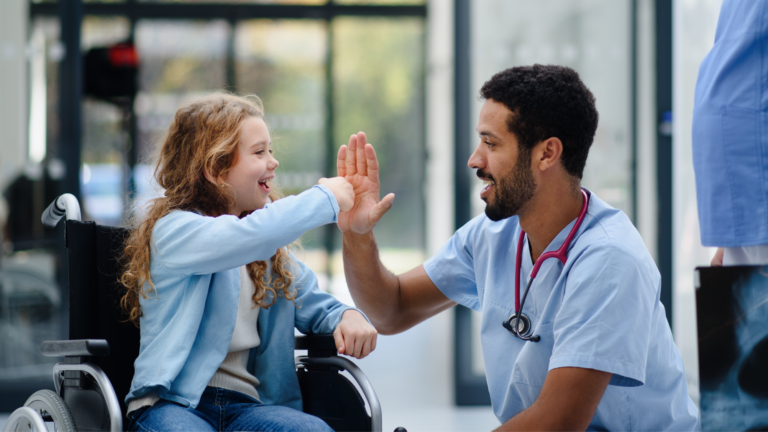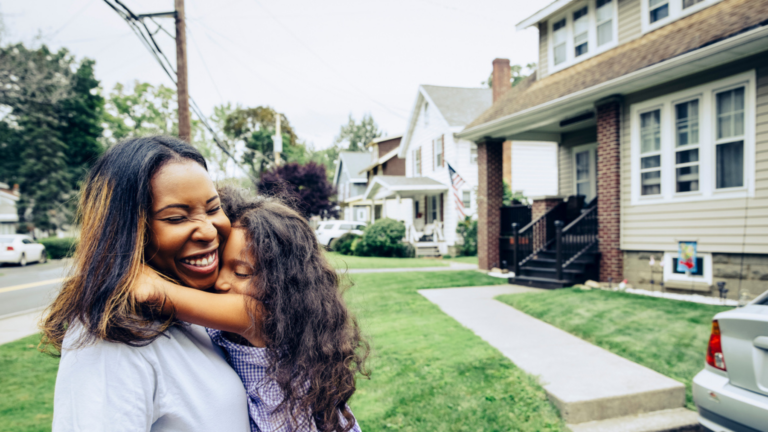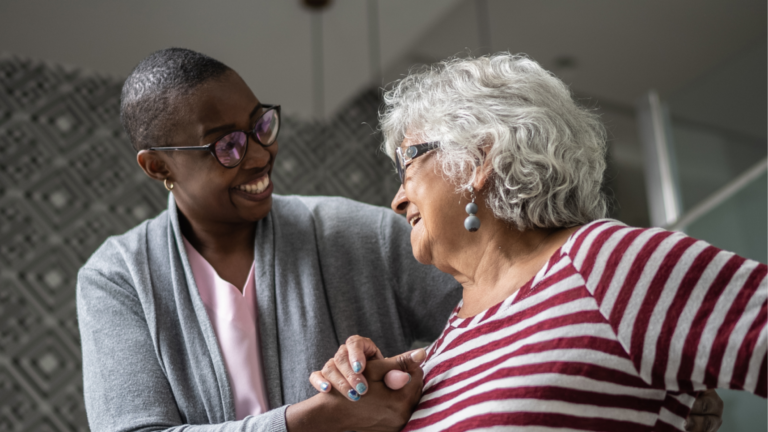
I Didn’t Realize I was a Survivor of Domestic Violence—Until I Survived
This story is by a valued member of the Unite Us team, who shared it with us anonymously.
Sometimes you don’t know the kind of danger you’re in until you’re out of danger. That’s my story about domestic violence: I didn’t know where to go or how to ask for help, until I received it.
My domestic abuse story started on the first day of freshman year in college – my light was bright. I was so excited to meet new people and because of that, I was incredibly social and ready to start this part of my life. When I met my abuser they weren’t wearing “abuser” on their welcome name tag. They, too, were full of life and reminded me of the friends and comforts of home. This was the beginning. During this relationship, I had friends and a family who loved me deeply and provided financial support, but I stayed. It all felt so deeply shameful. Even now, I remember feeling like I was an observer of my own life – telling her to get out and not to look back as I watched the cycle continue for more than a year.
The warning signs were always there, but I wasn’t prepared to accept them. My level of sleep deprivation, self-confidence, and social isolation varied by the day depending on what I was experiencing with my abuser. I was told I had an “attitude” and rationalized that I deserved or at least instigated this treatment. A windshield shattered by an angry fist, being locked in a closet for hours, or choosing an outfit based on what best hid bruises – this all had to be my fault.
I am not sure what made me finally try to find help. Maybe it was the missed classes, missed memories with friends, or the fear of what he would do to me next that prompted me to search for help online. I will never forget my first conversation with the therapist I found:
“I think the relationship I am in is dangerous, see these bruises? What do you think? I am probably over-exaggerating. He was adamant about dropping me off and picking me up because he doesn’t like that I’m coming here – that’s weird, right?”
The therapist knew the signs and helped me create my escape plan that day. Although I wouldn’t leave school to get away from him, I would gradually become busier, more unavailable, and put real boundaries between myself and the abuse. Thankfully it worked.
My survival was based purely on luck and timing. It didn’t have to be that way.
Instead of asking survivors why they stayed, let’s start asking what we can do to help them and prevent the abuse from happening again. One in four women, one in seven men, and more than 65% of trans individuals will be victims of domestic abuse in their lifetime. And yet as a society we are not efficiently serving survivors. Ultimately, we are putting their lives at risk.
The way I looked for help all those years ago — through a simple Google search — is the same way survivors are looking for help in 2021. That shouldn’t feel right to any of us. I was in the privileged position of having friends and family I could go to for support. I had enough money in my bank account to seek help from a therapist. What about those survivors who need to leave their homes, feed their children, find safe shelter, and start a job search? What are we doing for them?
The time to create accountable networks of care for survivors of domestic violence is right now.
We shouldn’t be asking those experiencing a traumatic situation to tell their story over and over again. We must do better as a community to support these individuals and their families so they can survive not by chance or luck, but by the implementation of a thoughtful network that powers a community of protected, wraparound support.
Unite Us has built that network. Unite Us is building a world in which client confidentiality is protected and information sharing is readily available, so we can reduce barriers to individuals getting the end-to-end care they need. All of this is done within a secure ecosystem to ensure client privacy, consistent with all legal and regulatory obligations, which enables community-based organizations to focus on serving their clients’ needs. This is a world where the survivor comes first.
While my history with domestic violence doesn’t define me, it’s a part of who I am: an innovator, a technologist, and a survivor. And I want to be a part of solutions that help more survivors come out on the other side.
About Unite Us
Unite Us is the nation’s leading software company bringing sectors together to improve the health and well-being of communities. We drive the collaboration to identify, deliver, and pay for services that impact whole-person health. Through Unite Us’ national network and software, community-based organizations, government agencies, and healthcare organizations are all connected to better collaborate to meet the needs of the individuals in their communities.



